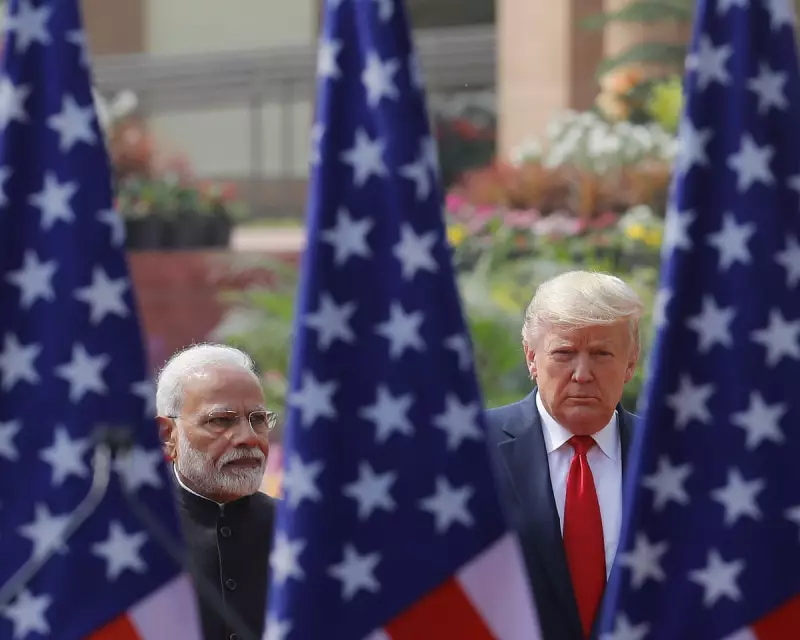
The geopolitical chessboard is being reset, and the pieces are moving in unexpected ways. At the heart of this transformation lies a powerful and pragmatic new alliance: the deepening strategic partnership between Indian Prime Minister Narendra Modi and former US President Donald Trump.
This isn't merely a diplomatic handshake; it's a fundamental recalibration of global power. The article from The Guardian posits that a second Trump term, coupled with Modi's continued leadership, could accelerate the decline of the US-led post-war liberal order, giving rise to a more transactional and nationalistic framework for international affairs.
A Partnership Forged in Pragmatism
The bond between the two leaders is built on a foundation of mutual self-interest rather than shared democratic values. Both are populist strongmen who command fervent domestic support and share a scepticism of traditional multilateral institutions and climate agendas.
For Modi, a close relationship with a Trump-led America offers a clear path to bolstering India's economic and military might, solidifying its position as a counterweight to China. For Trump, a strong India is a crucial ally in his overarching strategy to check Chinese expansion and bring manufacturing supply chains out of Beijing's grip.
The Demise of the Old Order?
This evolving partnership has profound implications. It suggests a move away from a world governed by rules-based systems and towards one dominated by bilateral, deal-by-deal negotiations. The special relationship between the US and UK, a cornerstone of 20th-century politics, could be sidelined in favour of this new Washington-New Delhi axis.
Furthermore, this shift places other Western powers in a difficult position. The UK and European nations may find themselves forced to navigate this new reality, potentially having to soften their stance on issues like human rights to avoid being left out of crucial trade and security discussions.
A More Dangerous World?
While the Modi-Trump axis presents economic opportunities, it also carries significant risks. The Guardian's analysis suggests this new world order could be less stable and more volatile. A foreign policy driven primarily by transaction rather than cooperation could undermine global security architectures and embolden other authoritarian leaders.
The focus on national interest above all else might also come at the expense of collective action on pressing global issues, most notably the climate crisis.
In conclusion, the reunion of Modi and Trump on the world stage is more than a political sidebar; it is a potent symbol of a changing world. Their partnership is a powerful engine driving the emergence of a new, uncertain global order, one that will demand a drastic rethink of diplomacy and alliance from every other nation on the planet.





